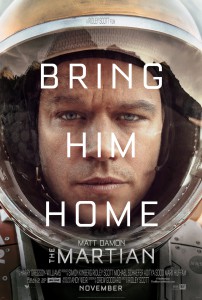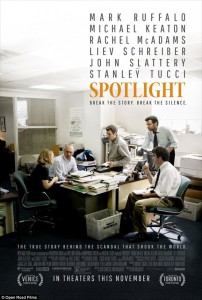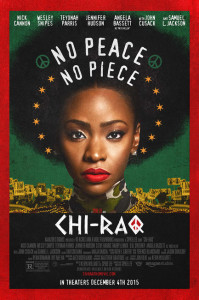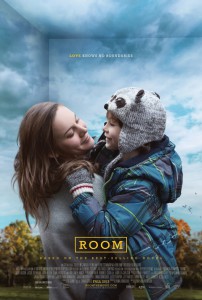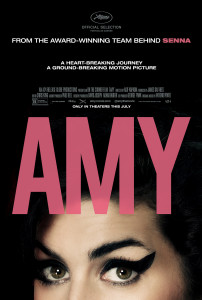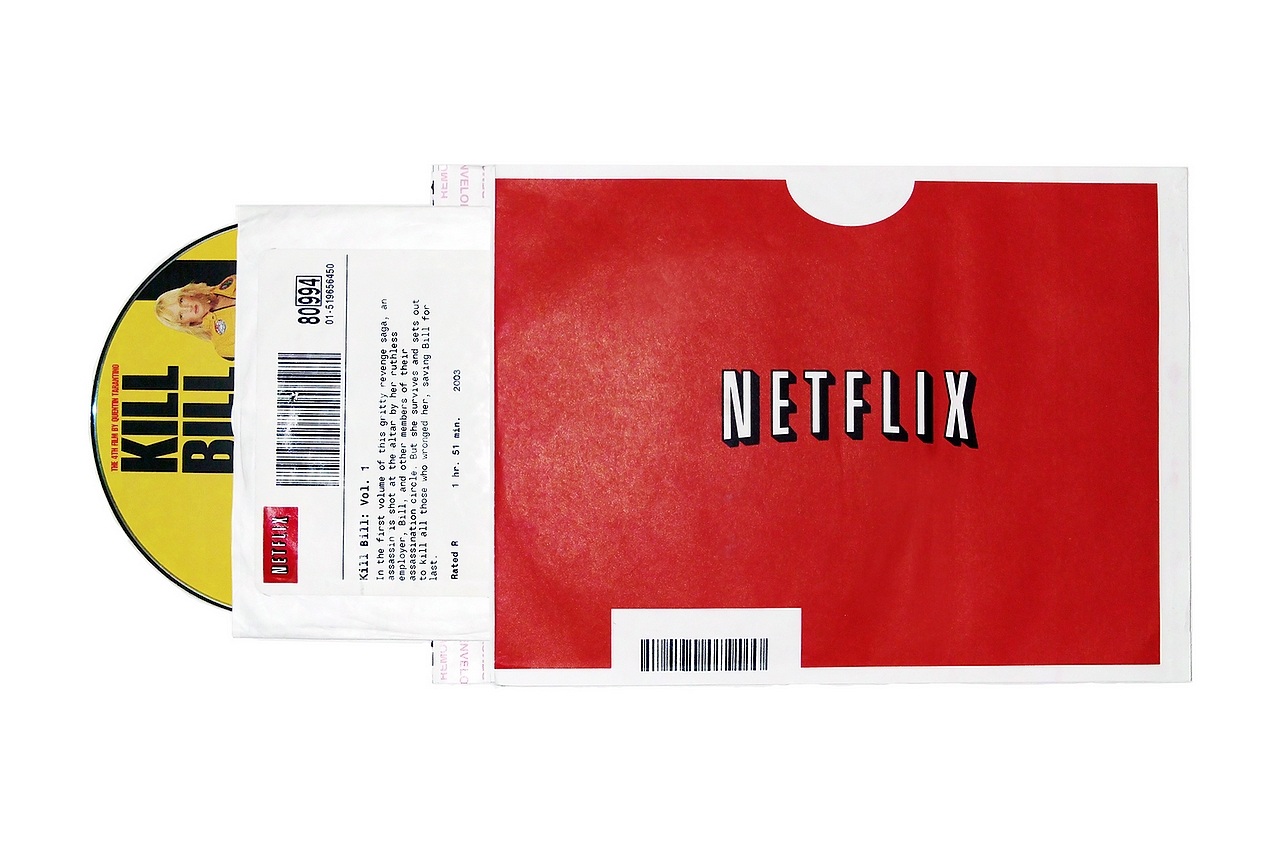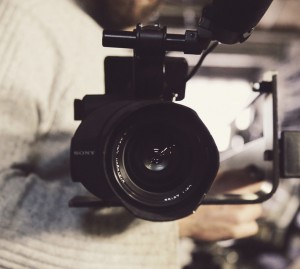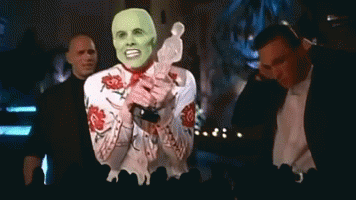 There are as many opinions about the benefit, or lack thereof, of contests as there are contests itself, and there are literally hundreds of screenwriting contests available every year. Only a handful are truly worth your time, energy and money, and deciding which ones are worth entering is purely subjective, but the following is MY process that I’ll share:
There are as many opinions about the benefit, or lack thereof, of contests as there are contests itself, and there are literally hundreds of screenwriting contests available every year. Only a handful are truly worth your time, energy and money, and deciding which ones are worth entering is purely subjective, but the following is MY process that I’ll share:
(NOTE: Please think twice before entering ANY contest if your screenplay is not absolutely perfect. Contact us at The Script Mentor if you need help getting your project to that point, but if not us, try someone — anyone — that you trust!)
1) Determine what your budget is going to be for the year. When I enter, I average $500 for that particular year’s worth of entries.
2) Sign up for MovieBytes.com. I’m a paid member (WinningScriptsPro) and it is a very helpful and informative site and service. They list most major contests, and offer ways to easily enter and track your entries.
3) Investigate each contest, including user reviews. User reviews are very enlightening, I assure you.
4) Determine what the prizes are and if that is what you are looking for. For me, cash prizes, recognition and exposure were my goals. I’m less concerned about “table reads” or free airfare to someone’s seminar in Cabazon, CA. Some will include “cash and prizes”, and the actual cash will be small, while the “prizes” may be $5,000 worth of their assistance in marketing your screenplay. This is a red flag for a money-grab.
5) Calendar EARLY BIRD DEADLINES. You can save significantly if you enter early.
6) Spend any extra money on an occasional feedback. It might double the entry fee, or more, but in most cases, it is well worth it.
7) Read, accept and learn from the feedbacks, but do not dwell on them. Understand that not everyone is going to like it, and not everyone is going to hate it. Chances are, the reader probably knows a bit more than you, especially in the bigger, more prestigious contests.
8) Read all of the contest rules. Some REQUIRE cover pages with info; some others PROHIBIT them. DO NOT get caught with your contact info anywhere on the script (including title page) or you’ll be disqualified.
9) Get confirmation on your entry, and save it.
10) Document your script entries*. If you don’t use a contest entry program, create an Excel spreadsheet, and document script, contest name, date of submission, cost, fee for feedbacks, date of finals and any other pertinent information.
*Contest entries with feedback are tax deductible as a business expense (refer to your tax professional for details).

 Q. Hi Geno, I hope you are doing well. I’ve been busy the last couple of weeks, mainly keeping my head down and re-writing my script based off of your excellent notes. I’d like to sign up for your mentoring services, and re-send the ACTUAL “first ten” pages of my script for you to review, if you have time. I also have a logline that is much better than the one that the reader from the contest wrote. I used you logline formula and it was easy after that!
Q. Hi Geno, I hope you are doing well. I’ve been busy the last couple of weeks, mainly keeping my head down and re-writing my script based off of your excellent notes. I’d like to sign up for your mentoring services, and re-send the ACTUAL “first ten” pages of my script for you to review, if you have time. I also have a logline that is much better than the one that the reader from the contest wrote. I used you logline formula and it was easy after that!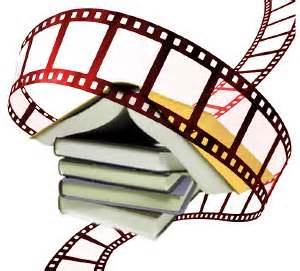 Colombo Crime Family in NY. He disappeared on May 26th 1999, and with my help, the government was able to bring the killers to justice. After 8 long years, we found his remains. Geno, so many people are sending me screenplay examples along w/ NDA’S, but I have not read one that feels right. I was hoping that maybe we can collaborate or maybe you can help put me on the right track? I feel lost if that makes sense. Hope to speak with you if you are interested.
Colombo Crime Family in NY. He disappeared on May 26th 1999, and with my help, the government was able to bring the killers to justice. After 8 long years, we found his remains. Geno, so many people are sending me screenplay examples along w/ NDA’S, but I have not read one that feels right. I was hoping that maybe we can collaborate or maybe you can help put me on the right track? I feel lost if that makes sense. Hope to speak with you if you are interested. 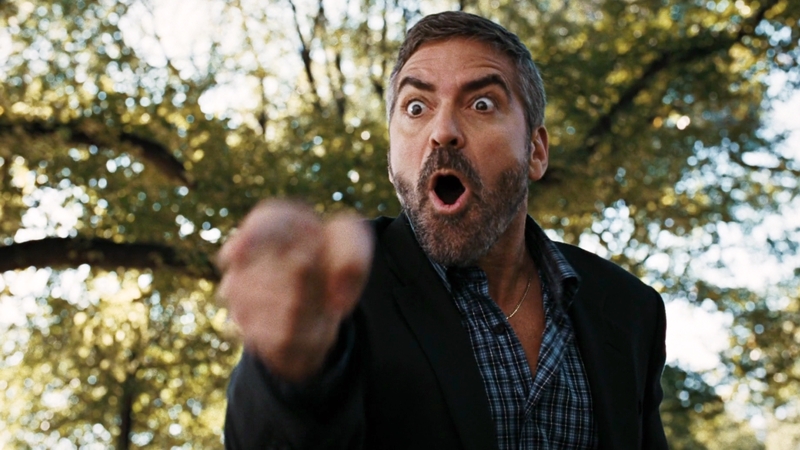

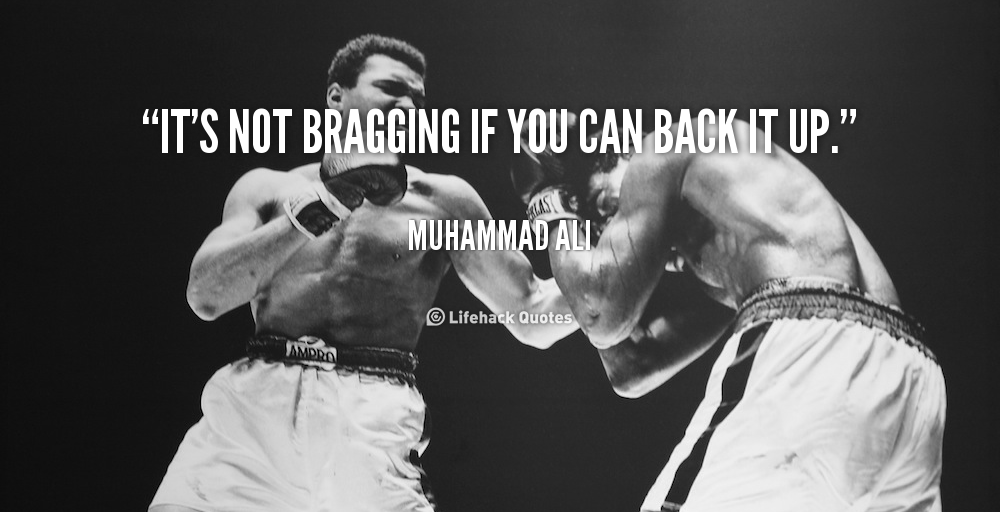 Q. Thank you Geno for your honesty, and your interest in my project. You won’t get bored with this project. There’s a lot more to come when you consider I spent 28 years putting this project together….
Q. Thank you Geno for your honesty, and your interest in my project. You won’t get bored with this project. There’s a lot more to come when you consider I spent 28 years putting this project together…. going to prove how easy it was to use fabricated evidence to try and send me to prison for 67 years. Then we’re going to prove why this was done to me. I have one book published and 2 done and ready for ink. I’ll be chatting with our investigation team about your experience and offers. We’re going to make history with this investigation 28 years in the making. You will be part of our project; three (3) books and three (3) movies.
going to prove how easy it was to use fabricated evidence to try and send me to prison for 67 years. Then we’re going to prove why this was done to me. I have one book published and 2 done and ready for ink. I’ll be chatting with our investigation team about your experience and offers. We’re going to make history with this investigation 28 years in the making. You will be part of our project; three (3) books and three (3) movies.

 2015 was a big year for movie buffs, and an even bigger one for studios and those behind last year’s blockbusters. With the release of Star Wars in the fourth quarter, Jurassic World in the summer, and the hugely popular Avengers series in the same year,
2015 was a big year for movie buffs, and an even bigger one for studios and those behind last year’s blockbusters. With the release of Star Wars in the fourth quarter, Jurassic World in the summer, and the hugely popular Avengers series in the same year, 
